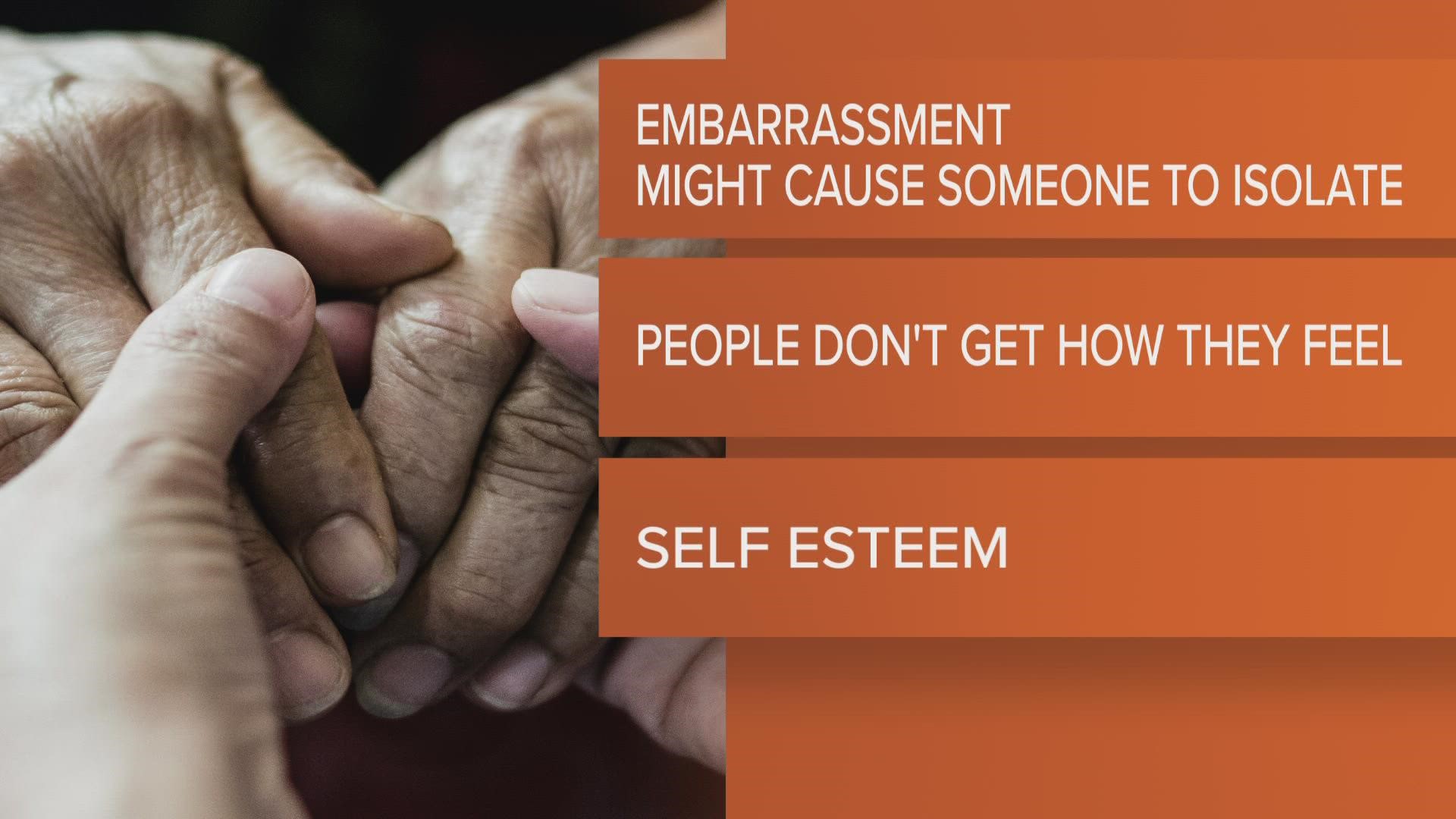GREENSBORO, N.C. — September is National Suicide Awareness Month. We know people who think about suicide experience a host of feelings, including isolation and loneliness.
Let’s talk about what to do if someone you know isolates themselves.
If isolation causes people to feel lonely, it begs the question, “Why would they choose to isolate themselves from others?”
There are different reasons why someone might choose to stay away from others, and here are a few common ones.
They might be embarrassed about something that happened in their life or, perhaps, something they did.
Another reason could be that they don’t feel understood. If they think people don’t understand them, what’s the point of being around people?
A third reason could be that they don’t feel like they measure up to others. This means that their self-esteem isn’t optimal, and they choose to stay secluded.
Another reason could be that they don’t want to seem needy or be perceived as a burden, so they decide to stay alone.
Establishing someone’s baseline behavior is important because changes to their baseline indicate an emotional shift. Here are a few behavioral signs: something might be off when you’re talking to them about their solitude and asking them to do social things.
You might see tight smiles with tight lips in a forced smile. They might sigh when answering questions about going out or if they’re feeling okay. If you mention your concerns, then they might subtly look away. Other signs might include a long “yea” or long breaths. You can tell that they might not really be okay or want to do something if they agree or say “yes,” but slightly bob their head from side to side.
If you want to get your friend to be more social and get out of their house, be sure to put the desire on yourself and not mistakenly make them feel bad for being a hermit. So, instead of saying something like, “I just don’t get how you haven’t gone stir crazy in your house? Aren’t you lonely all by yourself all the time?” Say something like, “Hey, I haven’t seen you in a minute. I want to come over and chill for a bit. I’ll bring a pizza.”
Notice the difference between these two examples. The former blames the person, whereas the latter is more inviting.
Share your thoughts on my Facebook page: Blanca Cobb – Body Language Expert. Write a message on my timeline, and I’ll get back to you. While you’re on my page, I’d appreciate it if you give my page a “like.”

